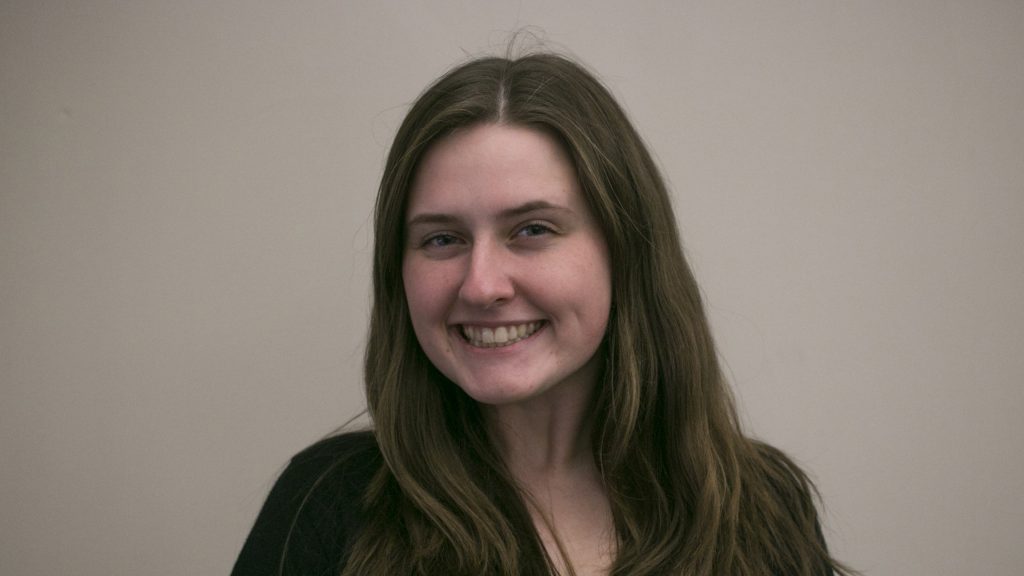Of the 245.5 million Americans ages 18 and older in November 2016, the U.S. Census Bureau reported that only 157.6 million registered to vote — and only 55.7 percent of that number actually cast their votes in the 2016 presidential election.
The Pew Research Center noted that the voter “turnout in last year’s election puts the U.S. behind most of its peers in the Organization for Economic Cooperation and Development, most of whose members are highly developed, democratic states. Looking at the most recent nationwide election in each of the 35 OECD member nations, the U.S. placed 28th.”
Those numbers, America, are pathetic.
As a country that boasts about democracy, the dedication that the American people have to our government is, to put it bluntly, lame. Because of our power to vote, we are able to shape our country’s history and decide how it is run. By giving up our vote, we dismiss the dream our Founding Fathers and those who fought for American freedom had for our country and its people.
RELATED: In Their Own Words: Do you plan on voting in the Iowa City City Council elections?
The American people, however, are not entirely at fault. The way our voting system is designed makes it difficult for many working Americans to vote informed, or vote at all. To encourage Americans to perform their civic duty, the voting system needs a makeover.
Nonvoters often argue that they are simply too busy to make it to the polling places. This is an increasingly valid point. Most adults who are employed full-time report working an average of 47 hours a week, which adds up to roughly six full work days. After adding a family or commute into the mix, it’s no surprise many Americans cannot make it to their polling places before they close between 7 and 8 p.m. In order to counteract this complication, home-voting should be more widely encouraged.
As a college student who attends a university out of state, I used an absentee ballot to cast my vote in the Illinois primaries. Wrapping up in my favorite fuzzy blanket on a Wednesday afternoon, I brewed a big cup of tea and began working my way down my ticket. I had to leave for class at 3:30 p.m., so I left the ballot on my desk, returning to it later that evening to complete my votes. The next morning, I mailed it out.
RELATED: Editorial: Voting when it counts most
Absentee voting, along with early voting, is available for registered voters in most states, but it is rarely discussed. Voters who will not be able to reach their assigned polling places on Election Day should take advantage of this simple way to participate in our government from home.
Many voters also choose not to vote because by the time Election Day rolls around, they are still unsure about the candidates and their positions. Similarly, in a world in which fake news is a serious combatant of truth, it’s hard to know what information you can trust. Offering an unbiased information hub at all polling places could dispose of this excuse.
By either providing information cards with each candidate’s platform/position description or offering an online database with impartial details on each candidate, people will be able to feel confident in the candidates they are choosing to vote into office, rather than simply picking the first name on the ballot or not voting at all.
Part of the reason America finds itself in a position in which our lawmakers don’t listen to us is because we were not careful voters. By allowing incumbents to become far too comfortable with their positions, they stopped believing every demand of the people must be met.
But that’s not good enough anymore. By implementing a better voting system — a system built to fit modern-day Americans — we can make our Founding Fathers proud.



